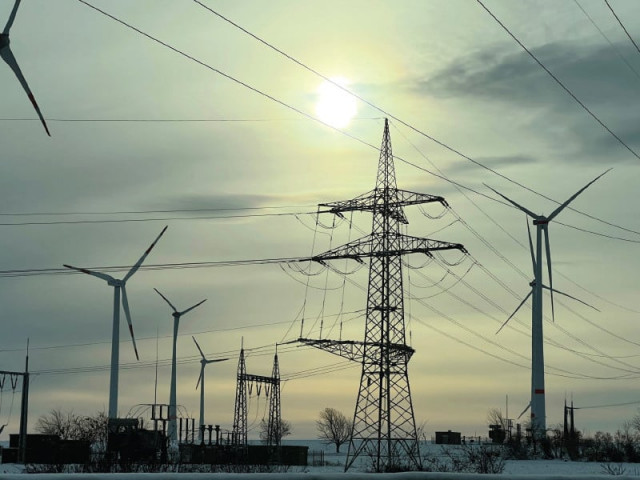Traders seek steps to slash agri-production cost
Believe power tariff relief will accelerate industrial development

Pakistan Business Forum (PBF) has said that the Rs200 billion “relief package” for industrial electricity consumers through a 24% reduction in per-unit tariff, announced by Prime Minister Shehbaz Sharif on Friday, will help bring down the cost of goods manufacturing and make them competitive in the global market.
PBF Central Vice President Ahmad Jawad in a post-budget briefing pointed out that the new electricity price for industrial and export sectors “has now been fixed at Rs34.99 – a 24% reduction compared to the expected rates”.
The PM’s package, which is expected to provide a relief of over Rs200 billion to the industry, will slash the cost of goods manufacturing and help them compete well in the international market.
PBF believes that the relief will not only accelerate industrial development but also rapidly increase employment. “The faster pace of industrial activity and rise in exports are expected to bring substantial benefits to the national economy.”
It emphasised that before the approval of Finance Bill, the government must include some measures in the budget to reduce the cost of production for the agriculture sector to feed the population properly, as seeds, fertilisers and tube well tariffs were within the domain of the federal government.
The purchasing power of farmers is at an all-time low. There are many factors behind this like how will they manage their finances to grow their next crop. Keeping this in view, the PBF demanded collective wisdom and supportive policies for agriculture in the budget for fiscal year 2024-25.
Similarly, the businessmen body called on the government to address the root causes of economic downturn and rebuild trust by initiating reforms in the Federal Board of Revenue (FBR) instead of empowering them and imposing new taxes.
“We cannot move in circles, the government has to focus on reforms in the FBR through digitisation,” it remarked.
Jawad suggested that instead of bringing exporters to the normal tax regime, the tax rate should be increased from 1% to 2% while keeping them in the final tax regime.



















COMMENTS
Comments are moderated and generally will be posted if they are on-topic and not abusive.
For more information, please see our Comments FAQ